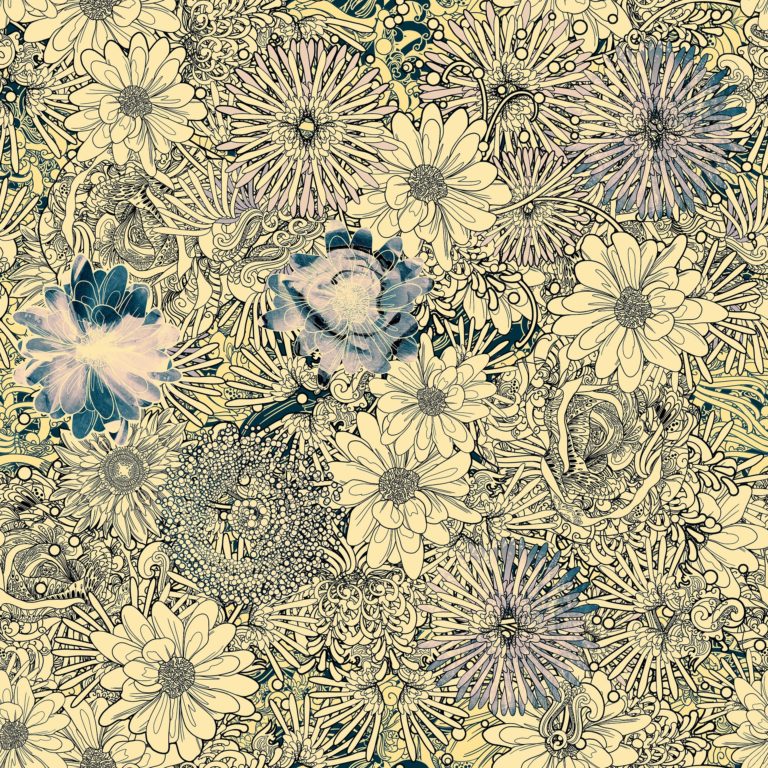You called me slower than molasses in January, and I was mad at you for not understanding centrifugal force when I innocently swung your purse be the strap like a perilous carnival wheel on the gangway of the marina, where tiny electric jellyfish and freckled seals lived, and ham-fisted starfish clung to the sides of stones like old people to their walkers and outmoded swearwords.
You taught me to kill things, polished me of my sensitivities with the force of your 200-grit personality. One incident of getting caught setting black snapper free from the stern of the Laura B. cured me, and it wasn’t long before I could wield the net and the club without a tear, once coming down on the head of a ling cod with such force, we had to turn the boat around and retrieve the club, happily designed for such instances to float on the oily swells.
We slept with the window open, in the same huge bed, under a dusty painting of a wrangler roping a calf in some yellow prariescape. Bedtime was Rod Serling and rootbeer floats and then NyQuil for my restless legs and night terrors. I woke you on more than one occasion with my screaming. I was eleven and for some reason you loved me. I didn’t do anything to deserve it, certainly not more than your own children.
Each morning of summer vacation was Sam and five layers of clothes, shoving off from Citizens Dock, and cutting up squid in the stern until dinner was caught. I practiced imitating the tone of the foghorn, a single melancholy boop that turned your careful navigation on its head until you told me to knock it the hell off. Sometimes I sang sad little mermaid songs to myself very quietly, since I’d been told my voice was ugly, and I didn’t know until later that you heard me and listened.
I didn’t know that people might think it strange, an old woman and a her bookish granddaughter heading out to sea each day in a mere cork of a vessel, and the neighbors treated me rough, making fun of my city clothes and my city ways, me not knowing that compared to where I was, where I came from was big, and I had the nerve to show upon the back of a motorcycle, missing my hair ribbon to boot. The kids on the street wanted to play too often, while I was falling in love with my first computer and wanting to avoid their swearwords and precocious sex talk and sketchy stepfathers.
I was glad for the salmon trolling and our illicit barbed hooks, evading the game warden and checking the dredge for chowder-clams, and the tiny bookshop near the dock that sold my favorite paperback pap. You gave me a dollar for washing dishes, but forbade my intimacies with stray cats, whose food I bought with the dollar. I think you were confused by my devotion to old people, my reluctance to play Hungry Hippos with the girl down the street, but eventually accepted me as a friend among other gray-haired friends.
I was afraid to start seventh grade and thought I must learn how to wear make-up and big hair or I would be eaten alive by my robot-monster contemporaries, who didn’t know from ling cods or redwoods or motorcycles or computers or poems but could make my life a misery all the same. You left a note, unsigned, on my C: drive to let me know it would be ok. I wish I had it with me now.
You were cranky and sour, Head of the Joint Committee to Make Me Clean My Plate, and one day in July you wrote me that you would kill yourself and then you did.
I’m not sure anyone will ever forgive you for that, but I can’t see you being any less contentious in death than you were in the seventy-six years before. It suited you, and I can say to you now, without anger, you were absolutely what you had to be, and I’m happy to claim you if no one else is.
Originally published in White Wall Review 32 (2008)

